We spend countless hours and dollars trying to clear acne make our skin as glowy and flawless as we imagine it to be in our dreams, and yet we can still undo all our hard work just by making some really common, overlooked mistakes.
It takes time to learn the ins and outs of proper skincare, what really causes acne to get worse, and its not for the faint of heart.
As a result, most people make mistakes at some point in their skincare and acne journey that make acne worse.
A few common mistakes can be especially damaging to your skin, so if you’re reading this and partaking in any of these bad habits – consider this your sign to stop! If it makes you feel any better, I made every single one of these mistakes in the past and learned the hard way by experiencing more acne breakouts, so you don’t have to.
Over exfoliation
Depending on your age and your skin’s ability to shed dead skin cells, you may or may not need a good, gentle exfoliation as a part of your regular skincare routine. Exfoliation can help to gently remove dead skin that might otherwise bundle up with sebum and bacteria leading to congested skin, clogged pores, and acne.
When some people find this out, they begin over exfoliating their skin with abrasive physical exfoliants, or too frequent use of chemical exfoliants.
With acne, you want to avoid physically scrubbing your skin since it irritates skin.
This can end up being super damaging to your skin, even affecting your skin’s ability to heal and protect itself.
When your skin’s barrier is damaged, you’re more susceptible to frequent and severe skin reactions that can make acne worse. Especially when we have acne, we need to be cautious of exfoliative products; avoid physical exfoliants and instead opt for infrequent but regular use of chemical exfoliants like AHAs.
Not Removing Makeup
Leaving makeup on your skin when you sleep just gives everything sitting on your face – makeup, dead skin, sebum, sweat, and anything else your skin accumulated throughout the day – the opportunity to thrive, creating clogged pores, inflammation, and free radical damage that can make acne worse.
Washing your face before bed should be a must for everyone, especially if you’re wearing makeup. At the very, very least, keep some cleansing wipes by your bedside for nights you’re just too tired to be bothered.
*BONUS: Changing Your Pillowcase Regularly
Another part of your nightly routine should also be changing out your pillowcase. I know it may seem trivial, but many people notice big improvements in their skin when they adopt this practice. I
f you think about it, your pillow case collects everything from your sweat, dead skin cells and sebum, to skincare and haircare products while you sleep. When you sleep on it the next night, your skin is in constant contact with all the crud from days passed. I switch my pillow cases out every 1-2 nights, and notice it makes a big difference in my skin and acne.
Not using the right sunscreen
One of the most common false beliefs about acne is that sunscreen will make acne worse. While it may take a little bit of searching to find the right sunscreen formula to complement your acne skincare routine, don’t just skip out on the SPF.
While some daily sun exposure can help improve the symptoms of acne, overexposure causes inflammation and skin damage. This can result in more breakouts over the weeks that the skin tries to repair that damage.
Aside from that, sun exposure can also cause long-term skin discoloration, particularly for post-acne marks as the UV rays cause melanin to build up in overexposed areas.
Rather than risk making our acne and scarring worse, we should make the effort to protect our skin from the sun even when it’s overcast.
Using Too Many Treatments At The Same Time
Don’t get me wrong, a good skincare routine can and should be able to tackle all your skin’s issues, but it will take some time to find what works. Using different products for different skin issues may seem like a good idea at first, but the products you’re using may have interactions you aren’t aware of that can cause adverse reactions and damage your skin!
When working with several co-occurring skin issues, it’s best to look for products that are good for all skin conditions, but this may not always be possible. Instead, prioritize your skin concerns and treat them accordingly. Once you know what works for one thing, you can move on to the next!
Not moisturizing
I don’t know who gave you the crazy idea that depriving your skin of moisture is a good idea, but honey they were wrong. Even oily skin can benefit from daily moisturizing, with the right products.
Moisturizer provides an opportunity to not only replenish lost fatty acids that keep our skin nourished, but also to add in things that may offer other benefits, such as green tea, which is great for acne.
No matter your skin type, moisturizer is an important step in your skincare routine that shouldn’t be overlooked, as even oily skin can be dehydrated and damaged. Healthy skin is well-moisturized skin, and dehydrated skin can make acne worse!
Over Cleansing
With oily, acne-prone skin especially, it’s easy to get sucked into the belief that acneic skin is “dirty” ( it's not ) or needs to be washed a lot more. At some points, I was cleansing several times a day because my skin just didn’t “feel clean enough”.
You might be asking how keeping skin too clean could possibly make acne worse - while it’s important to keep your skin clean if you want to keep it healthy, there is such a thing as too clean, and over cleansing can have disastrous repercussions for your skin and acne.
Namely, it strips the skin of essential lipids that keep our skin hydrated, and it leads to irritation and inflammation.
Physical irritation of the skin is one of the major factors that keep people stuck in a cycle of acne. Instead of washing vigorously, we should choose gentle, hydrating cleansers.
Most people should follow the 2-a-day rule of cleansing (normal or oily skin), once in the morning and once before bed , although some people get away with cleansing only in the evenings (dry or sensitive skin).
Using products too harsh for your skin
You might be wondering why a product would be on the market, and why people would use it, if it’s harsh on the skin? It must provide results right? Drying up the skin may eliminate the bacteria’s food source, which can result in an improvement in acne – but this doesn’t mean it’s the optimal treatment method, and could impair the skin in the long run leading to more acne.
While many effective and safe acne treatments are technically harsh on the skin, the important point is that these harsh products be used in the right concentrations – i.e. the lowest concentration possible.
Some people want to believe that if a 5% concentration works well, then a 10% concentration must work better, but we should only make these increases after the proper duration of treatment, and only if desired results haven’t been achieved.
It’s easy to use harsh products incorrectly, so be careful to follow instructions to minimize the damage being done to your skin. Avoid harsh exfoliants, or things with alcohol that leave the skin feeling tight, dry, or causes burning.
Applying DIY Treatments On Skin
Many people may try lemon juice, baking soda, apple cider vinegar and all kinds of things on their faces without realizing that the product they put on their face (even though it is natural) do not know that it has a very different ph level from the skin and that this can mess up your skin's barrier and cause negative effects. Some fruit juices like lemon can cause photosensitivity meaning you could get a sunburn very quickly.
For example disruption the PH of your skin can cause either severe dryness and cause bacteria to enter through the skin easier, or the oppositive and excessive sebum production which can lead to more breakouts
Have you found anything you tried to make acne worse? Let us know!
Source: The influence of exposome on acne https:://www.ncbi.nlm.nih.gov/pmc/articles/PMC5947266/

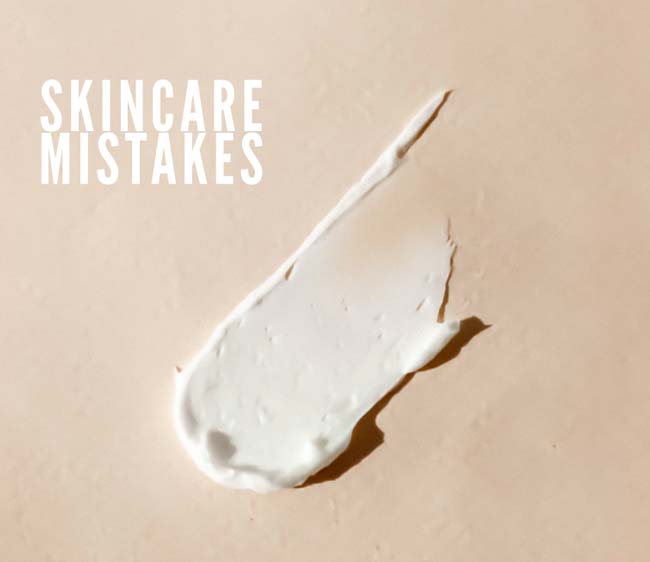
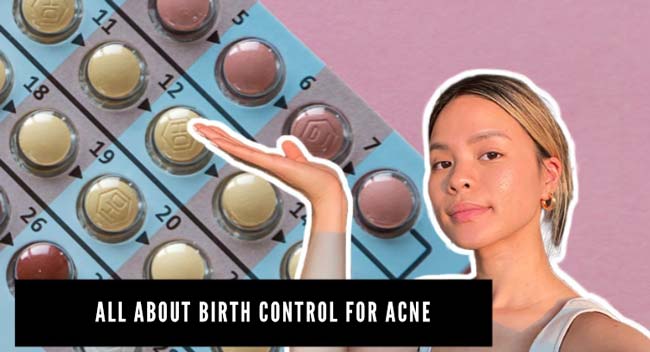
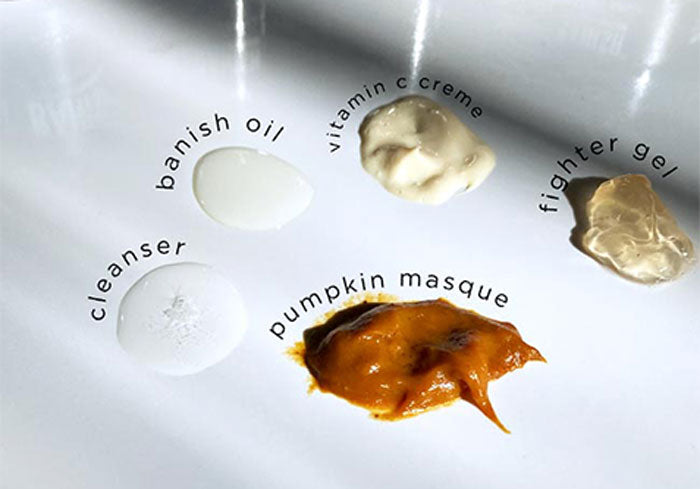










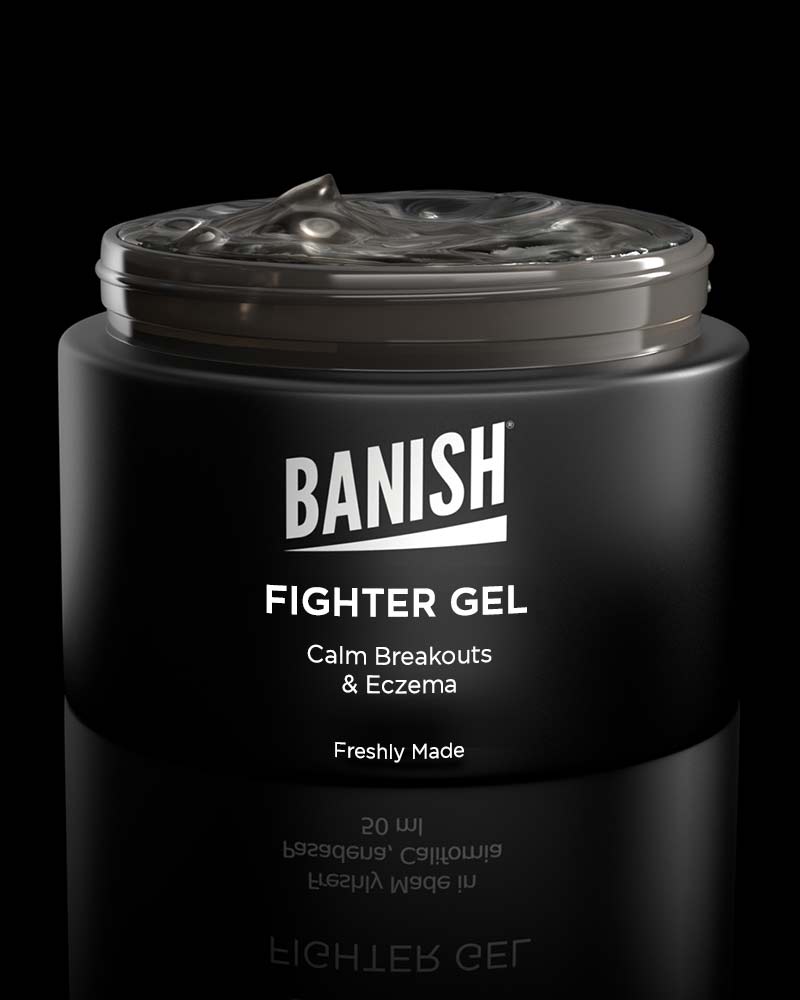
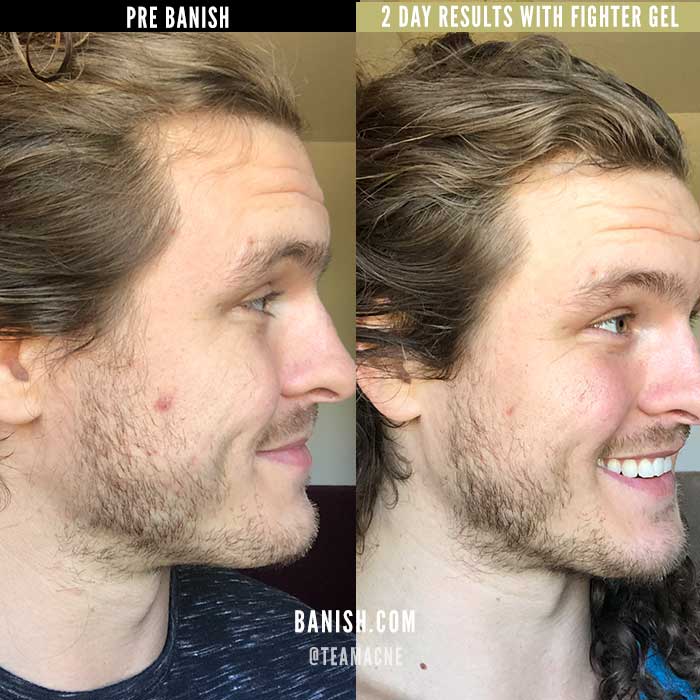










Leave a comment
All comments are moderated before being published.
This site is protected by hCaptcha and the hCaptcha Privacy Policy and Terms of Service apply.